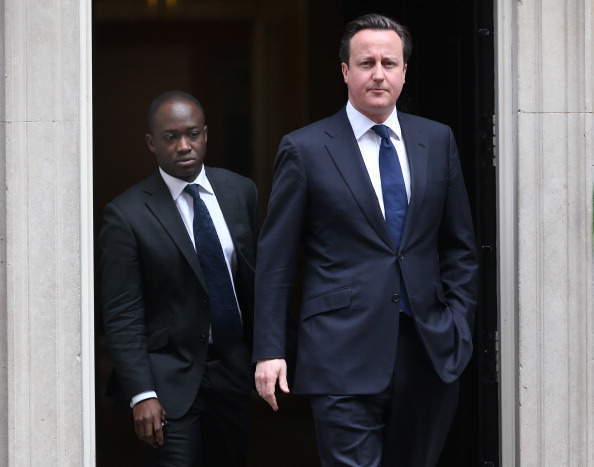
Before the general election, there was something of a race over free childcare hours for children under five between the three main political parties. Yet still the debate lacks a focus on quality – which is vital so that all children, especially those growing up in poverty, start school ready to learn.
With the Conservatives winning a majority, and new childcare legislation published yesterday, we are now looking to a future where all working families with children aged three or four will receive 30 hours a week free childcare for children in England. No doubt this will be seen as a popular move, since the cost of childcare for under-5s has risen by 27 per cent over the course of the last Parliament. But parts of the childcare sector have warned that the offer as it stands will be underfunded and that this will have consequences for both parents and nurseries.
But what about the children? Nurseries need to be properly funded for the important work they do. But this debate currently risks focusing too much on the funding of private nurseries rather than what is best for children. Whilst this investment in childcare is welcome, we need to ensure that the quality of our children’s early education and childcare is of the highest possible standard.
Why quality early education matters
There is a direct link between the training and qualifications of staff, and the quality of childcare and outcomes for children. Evidence suggests that having at least one member of staff in a nursery who is trained to graduate level will significantly improve the quality of the education, and that this is most beneficial for children growing up in poverty.
Whilst the evidence does not suggest that every single member of staff needs to be trained to degree level, the key is that provision in the nursery is led by an early years graduate – someone who develops learning activities based on the early years curriculum, has the skills to identify developmental issues early and make sure children get the right support, and leads professional development across all staff.
Private nurseries do a great job, with skilled and committed staff. However, only 13 per cent of staff in private nurseries have a degree. Two out of five private nurseries have no early years graduate. In contrast, school nurseries are led by qualified teachers.
Getting all children reading
This matters because without good quality early education before children go to school, children – particularly the poorest – are less likely to develop core foundational skills like good language and communication ability, which means they are likely to struggle to learn how to read. The Read On. Get On. campaign has set the goal to get all children reading well by age 11 by 2025. But unless we see a serious step change in the level of ambition we have for children’s education before they start school, this goal will never be met. We believe that the government’s ambition should be that every nursery in England delivering free early education is led by a trained early years graduate by 2020. In particular, the priority should be to support private nurseries serving deprived neighbourhoods to do this.
Every young child, but especially those growing up in poverty, should be able to benefit from good quality early education. This debate has been largely dominated by issues of affordability, and whilst this is absolutely necessary for hardworking families who rely on affordable childcare to be able to work, we must see greater focus and investment in early education to improve quality if we are to achieve educational fairness in this country.
Hollie Warren is Education Policy Advisor at Save the Children UK. She tweets as @holliewarren_.





